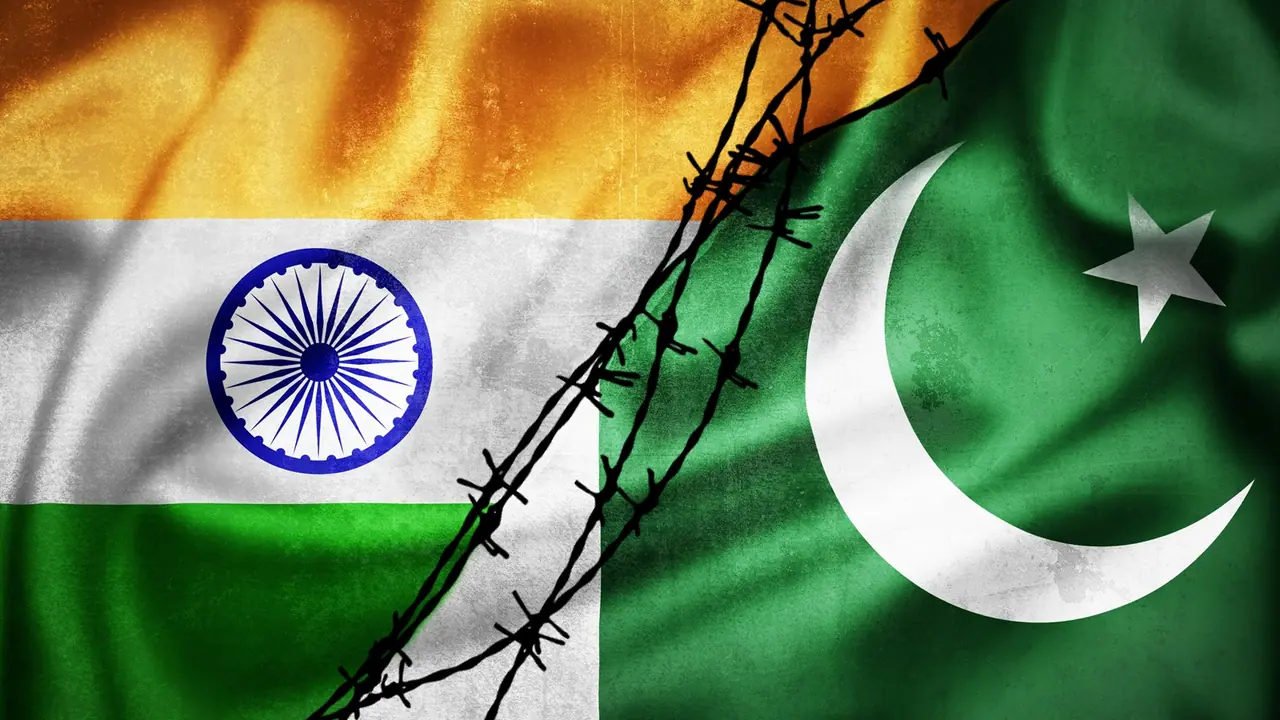At parliamentary panel meet, Congress grilled the government over India-Pakistan relations, abstention on IMF loan to Pakistan, and China-Pakistan ties, while the Centre defended its anti-terror strategy and dismissed ‘tip-off’ allegations as false.
In a high-level meeting of the Parliamentary Consultative Committee on cross-border terrorism held Monday, the Congress party raised pointed questions about India’s foreign policy and counter-terror strategy, focusing particularly on the evolving India-Pakistan dynamic.

According to sources cited by ANI, the Congress questioned why the India-Pakistan “hyphenation”, a term used to describe the coupling of the two countries in international diplomacy, had once again become a reality. The party expressed concern that the current foreign policy was unable to decouple India’s image from Pakistan in global forums.
Congress members also sought an explanation on India’s recent abstention from voting on a crucial International Monetary Fund (IMF) loan to Pakistan. They argued that such decisions needed transparency and a clear articulation of national interest.
Concerns over China-Pakistan ties and US mediation remarks
The meeting further saw the Congress flagging what it described as “deepening military and strategic cooperation” between China and Pakistan. The party said the government needed to spell out its strategy to counter the growing Beijing-Islamabad nexus, especially in light of rising security concerns for India.
Another issue raised was recent remarks made by US Senator Marco Rubio suggesting that the United States could play a role in brokering peace between India and Pakistan. Congress leaders pressed the government to clarify its stance on any such foreign intervention in bilateral matters.
Government outlines terror response and international support
In response, government representatives laid out their anti-terror approach, stating that India had targeted terror hubs across the border using both diplomatic pressure and precise military strikes. “We hit the camps at the epicentre of terrorism. Pakistan failed to protect them. It hurt their morale,” a senior official reportedly told the committee.
The government claimed that the international community had largely backed India, framing the operation as a global fight against terrorism, rather than an attack on Pakistan itself. Only three countries, Turkey, Azerbaijan, and China, did not offer support, according to sources.
S. Jaishankar slams ‘tip-off’ allegation as false
A major point of friction reportedly during the meeting was the Congress’s allegation that External Affairs Minister (EAM) S. Jaishankar may have informed Pakistan in advance of India’s strikes.
The government strongly denied the claim, calling it 'dishonest and a misrepresentation.' Officials clarified that no contact took place between India and Pakistan beyond the Director General of Military Operations (DGMO) level and even that occurred only after the strikes. “The terror hubs were hit, the PIB issued a press release, and then the Indian DGMO informed Pakistan,” a source clarified.
Indus Waters Treaty in 'abeyance'
The meeting also touched on the status of the Indus Waters Treaty. MPs asked whether the agreement would be permanently suspended or if recent steps were only symbolic. The government responded that the treaty was currently “in abeyance,” and further discussions with MPs would follow soon.
'Terror and talks don't go together': Government reiterates
Addressing international calls, including past statements from leaders like US President Donald Trump urging India to engage in dialogue with Pakistan, the government restated its long-standing position: "Terror and talks cannot happen together."
Appeal for unity amid global scrutiny
External Affairs Minister Jaishankar reportedly concluded the session by appealing for national unity on foreign policy, especially at a time when Indian parliamentary delegations have been engaging with international counterparts. He urged political parties to present a united front abroad.
The meeting highlighted ongoing tensions between the ruling party and the Opposition on matters of foreign policy, especially regarding India’s complex and sensitive relationship with Pakistan.
-With ANI inputs


